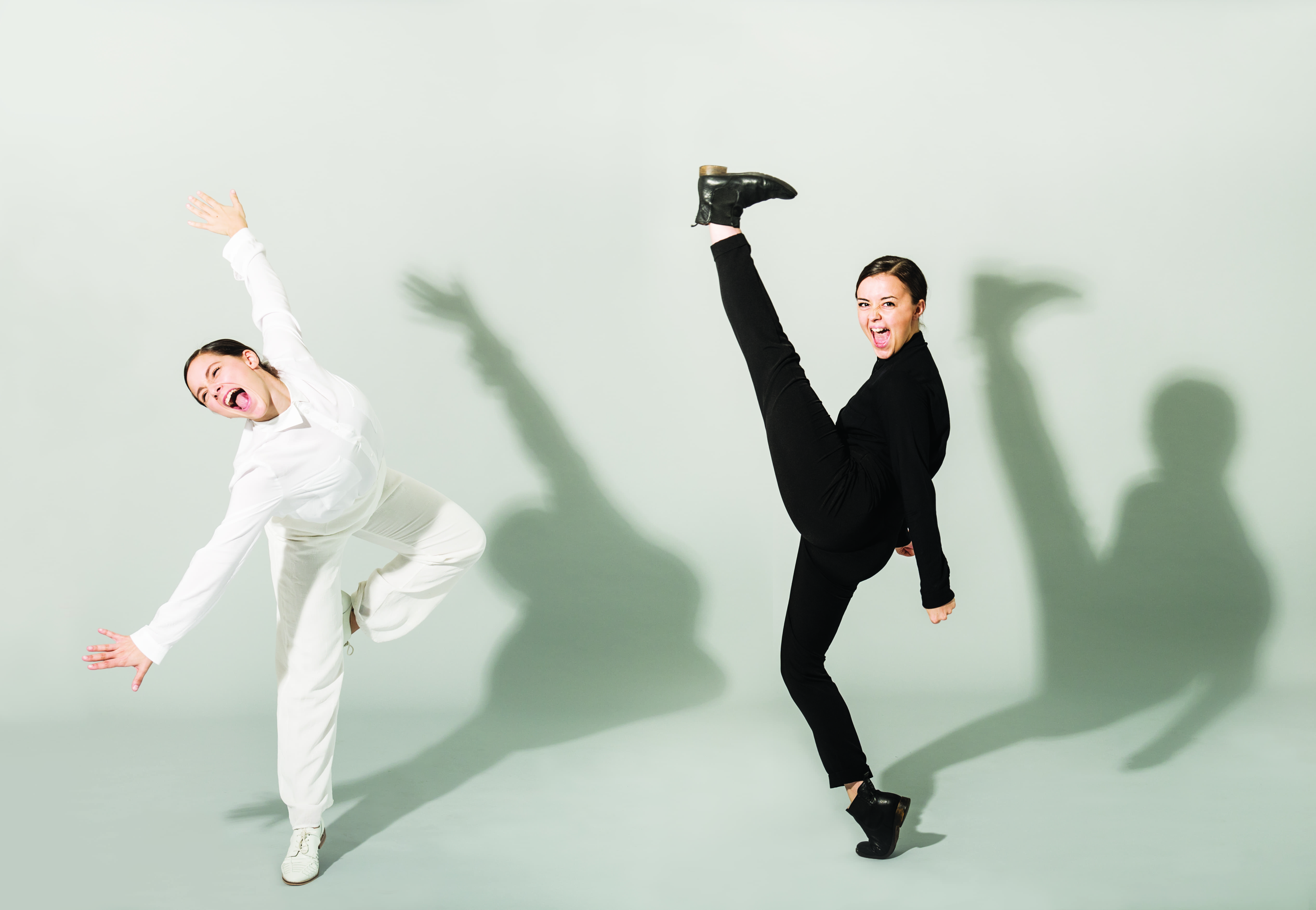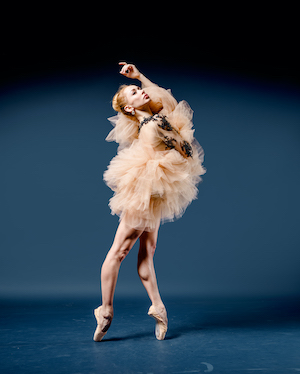When I trained at a vocational dance school I couldn’t help but feel a pressure to strive to be a performer. But what if you don’t want to be a performer? Or a choreographer? Are you a failure?
I’m not employed as a dancer, but I certainly feel fulfilled. I chose to use my passion for dance to take a chance on something new. When I graduated, I had a realistic view of my abilities and the industry, and understood my strengths and weaknesses beyond the dance studio.
As the years went on training as a dancer my hopes and dreams of dancing for a company, like many others, began to seem less attainable. I could see that my life wasn’t going to work out the way I once imagined. So I graduated without a plan. I did know that I wanted to work in the dance sector and I didn’t want to freelance so that was a starting point!
Training as a dancer, you gain many more skills than the obvious; ambition, determination, resilience. You can take criticism and are an expert on self-improvement. You know how to work as a team, how to be entrepreneurial and present yourself as an asset.
I have a BA and an MA degree, which involved putting time and dedication into to what I love – these things are what it takes to succeed in just about any career. There are so many amazing and fulfilling career paths you could go down with a dance background, the tricky thing is choosing which way to go.
Dance becomes your life, so of course, I didn’t want to let it go completely, and I didn’t have to. Each person is different and has their own skills and interests, but there is still a bright future for everyone whose dancing dreams don’t pan out the way they imagined. My own personal project is collaborating with dance artist Zoe Bishop, who I studied with at university, as Bite Dance. Over the past two years we have sought opportunities to perform at various platforms and festivals and, through hard work and drive, have managed to balance working full time and performing. I am fortunate to have worked in Marketing and Communications at both Trinity Laban and The Place and feel wholly immersed in the dance world. Through my work I met Grace Nicol, who set up female-led performance platform Woman SRSLY, which I now support as a volunteer by assisting in curating the nights. If you want something enough, you make your own opportunities.

Recent London Contemporary Dance School graduate and Assistant Producer at The Place Reece McMahon commented:
“I always knew this was the sector I wanted to pursue a career in. But, like many, I defaulted to wanting to be a performer as this was an easy way to immerse myself. Throughout my degree, I became more politically, socially and intellectually engaged with the world around me. I realised I could make more of an impact on the sector as a producer and an advocate of great work as opposed to performing. Opening myself up to other career options has been extremely valuable and there’s a real demand for other roles in the industry. I graduated eight months ago, yet I’ve already had varying jobs that have contributed to where I am now, and I’m excited about where I’m going next.”
A lot of graduates stumble into a career that they weren’t expecting. Consider all the many possibilities, understand what motivates you, what suits your strengths and weaknesses. What other skills do you have? Maybe you’ve got great planning and organisational skills – you could make a great producer. Or maybe you’re a great writer and could be a journalist or reviewer. Your skills can shape many career paths; marketing, curating, photographing. Look into job vacancies and see if any of the descriptions sound like you. Explore and don’t be afraid to try something out, if you don’t like it you can always change your mind. How can you be an artist and not experiment?
Tips:
Your job will fill a huge part of your life, so try to find something that you enjoy doing.
Get good at writing applications and job interviews. Most universities have a career advisor and this can be a good place to start. These skills are important in any career and, if you’re good at it, it opens up so many possibilities.
Is it failure if you don’t achieve your ‘dream’? Only if you want it to be. Know what your idea of success is and know that it’s okay for your dreams to change. Success is different for everyone, so you cannot compare yourself to others.
Alice White


